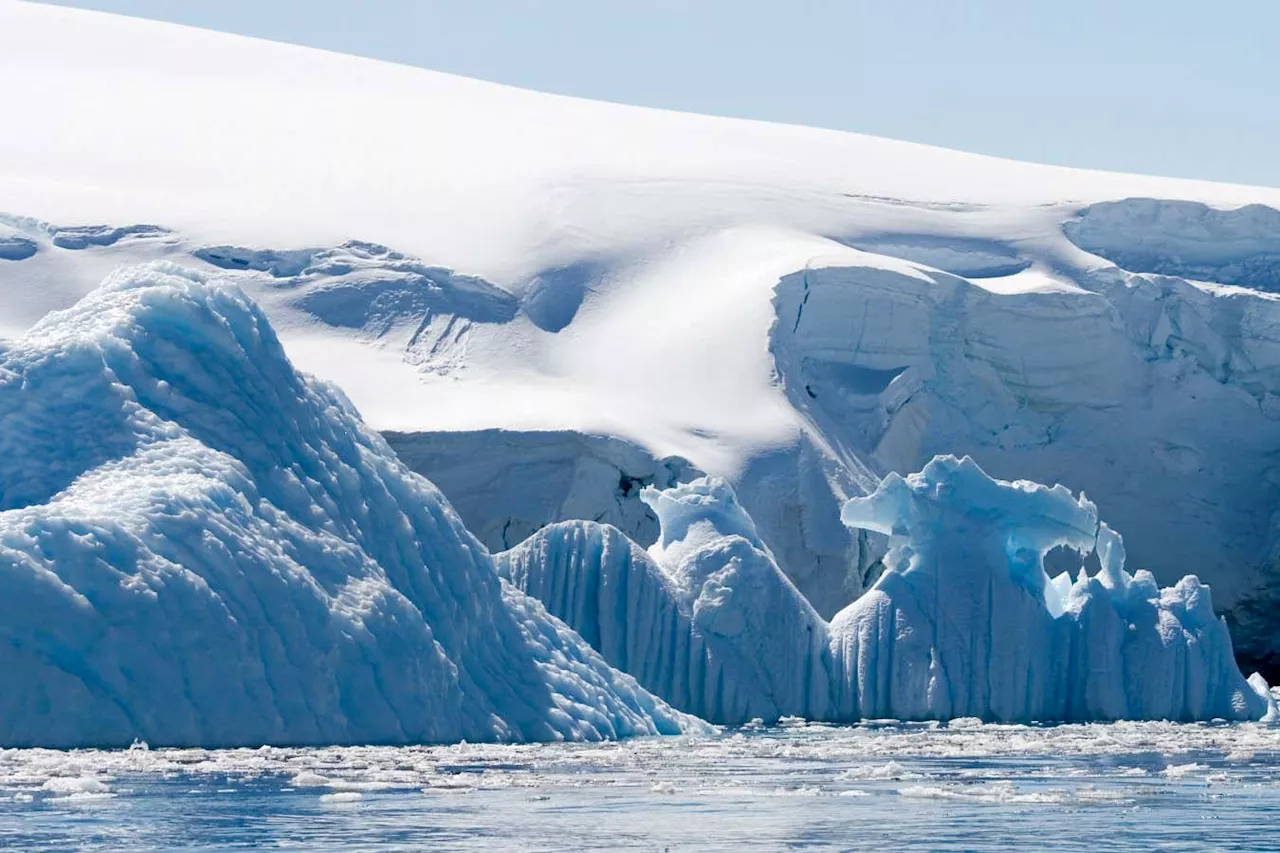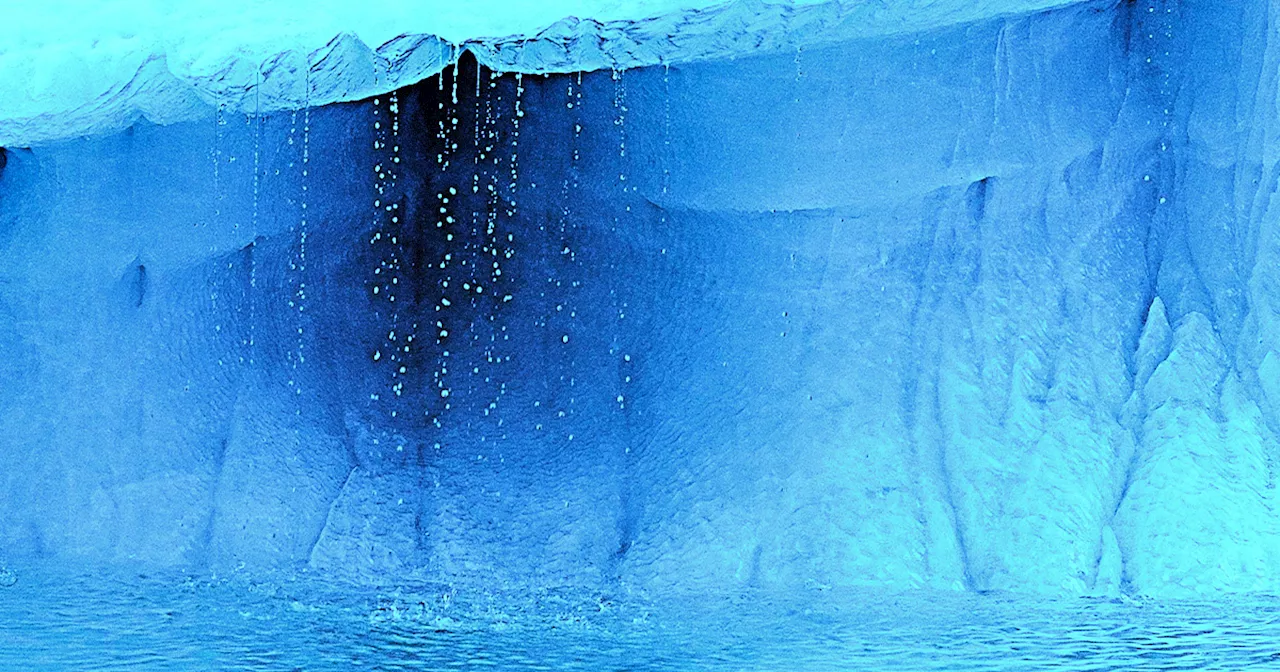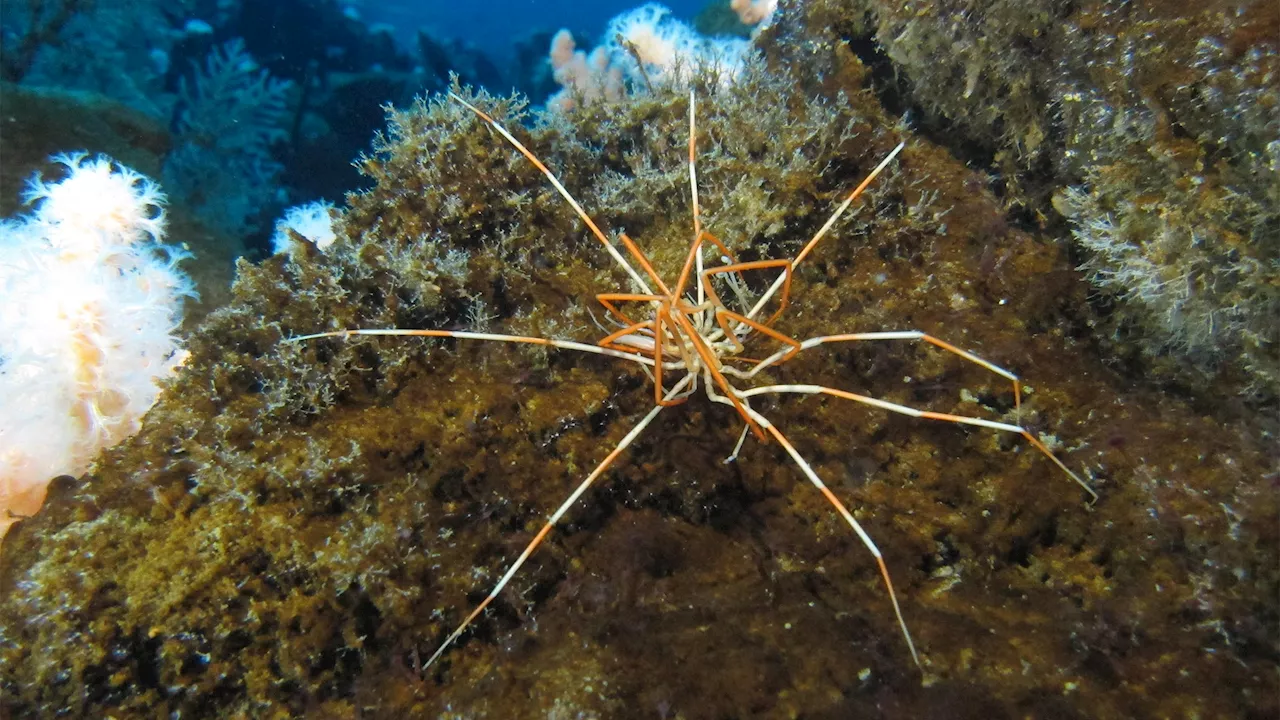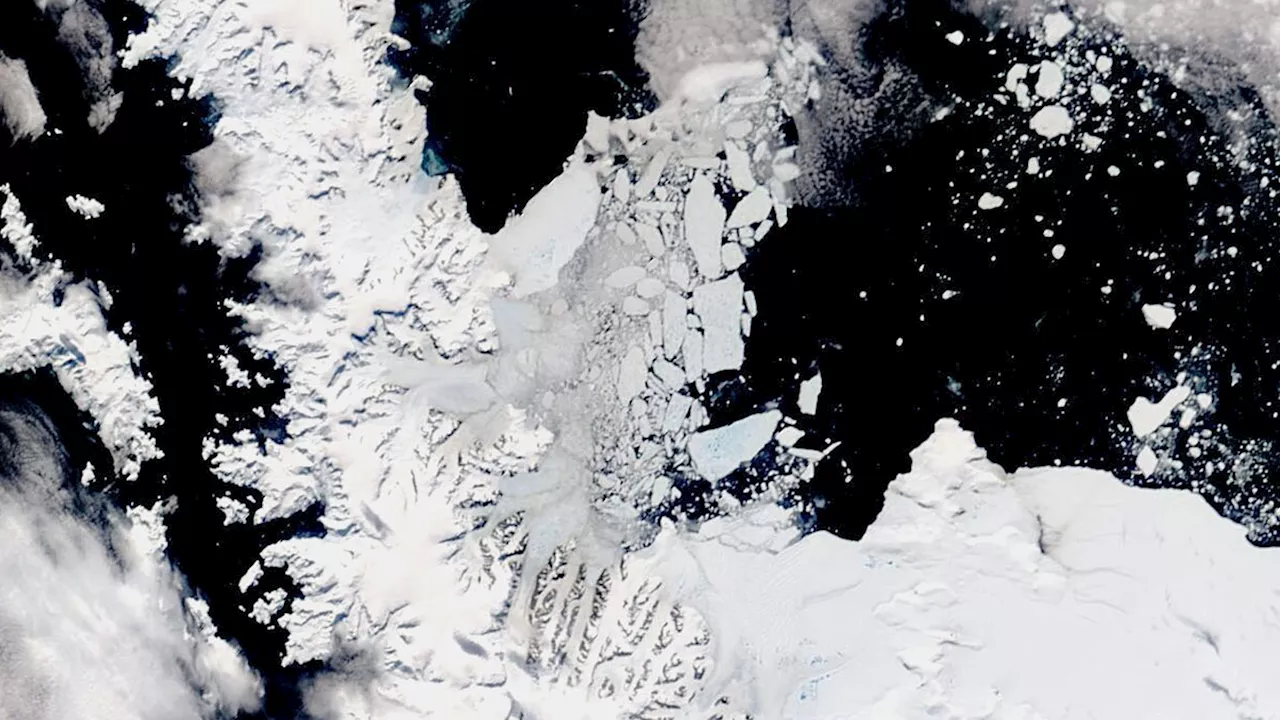Emperor penguin populations have been exceedingly difficult to monitor because of their remote locations, and because individuals form breeding colonies on seasonal sea ice fastened to land (known as fast ice) during the dark and cold Antarctic winter.
High resolution imagery advances the ability to monitor decadal changes in emperor penguin populationsEmperor penguin populations have been exceedingly difficult to monitor because of their remote locations, and because individuals form breeding colonies on seasonal sea ice fastened to land during the dark and cold Antarctic winter.
Researchers observed nearly 10% fewer birds in 2018 compared with in 2009, according to a new study that used VHR satellite imagery with 30-60-centimeter ground resolution to examine the entirety of the penguins' range during springtime around the Antarctic coast.
"Although we cannot yet clearly attribute this penguin population trend to any particular mechanism such as climate change, there is an accumulation of evidence that the environment is changing and it does not seem to be an environment where penguins are going to endure," Jenouvrier explained. LaRue said combining satellite images with animal tracking, ground observations and molecular tools will be needed if they want to fully understand mechanisms to describe some of the changes they observe.
"We don't understand the population trend in full, and we need to do more research. However, the fact that we have detected a population trend in such a short data set is really important because it potentially has major implications for the future of the species," said journal article co-author Philip Trathan, an emeritus fellow with the British Antarctic Survey where he previously was head of conservation ecology.
Emperor penguin colonies experienced unprecedented breeding failure in a region of Antarctica where there was total sea ice loss in 2022. The discovery supports predictions that over 90% of emperor ...
United States Latest News, United States Headlines
Similar News:You can also read news stories similar to this one that we have collected from other news sources.
 Sandy police urge drivers to slow down after high-speed traffic stops near Alta High SchoolPolice urged caution Monday after an officer made three recent traffic stops at high speeds on the road next to Alta High School.
Sandy police urge drivers to slow down after high-speed traffic stops near Alta High SchoolPolice urged caution Monday after an officer made three recent traffic stops at high speeds on the road next to Alta High School.
Read more »
 There are growing fears of an alarming shift in Antarctic sea iceAntarctic sea ice cover remains far below average levels for the third year in a row, but researchers are uncertain whether this is a permanent shift driven by climate change or part of natural fluctuations
There are growing fears of an alarming shift in Antarctic sea iceAntarctic sea ice cover remains far below average levels for the third year in a row, but researchers are uncertain whether this is a permanent shift driven by climate change or part of natural fluctuations
Read more »
 Geoengineers Propose $50 Billion Plan to Prevent Melting of Antarctic GlacierGeoengineers led by John Moore have proposed a plan to prevent the melting of the Thwaites glacier in Western Antarctica. The plan involves surrounding the glacier with enormous curtains to keep out warm water. The estimated cost of the project is $50 billion.
Geoengineers Propose $50 Billion Plan to Prevent Melting of Antarctic GlacierGeoengineers led by John Moore have proposed a plan to prevent the melting of the Thwaites glacier in Western Antarctica. The plan involves surrounding the glacier with enormous curtains to keep out warm water. The estimated cost of the project is $50 billion.
Read more »
 Emperor Palpatine Is the Luckiest Villain in the Star Wars SagaStay up to date with new movie news, watch the latest movie trailers & get trusted reviews of upcoming movies & more from the team at Collider.
Emperor Palpatine Is the Luckiest Villain in the Star Wars SagaStay up to date with new movie news, watch the latest movie trailers & get trusted reviews of upcoming movies & more from the team at Collider.
Read more »
 Giant Antarctic sea spiders’ reproductive mystery solved after 140 years of confusionLaura is a science news writer, covering a wide variety of subjects, but she is particularly fascinated by all things aquatic, paleontology, nanotechnology, and exploring how science influences daily life. Laura is a proud former resident of the New Jersey shore, a competitive swimmer, and a fierce defender of the Oxford comma.
Giant Antarctic sea spiders’ reproductive mystery solved after 140 years of confusionLaura is a science news writer, covering a wide variety of subjects, but she is particularly fascinated by all things aquatic, paleontology, nanotechnology, and exploring how science influences daily life. Laura is a proud former resident of the New Jersey shore, a competitive swimmer, and a fierce defender of the Oxford comma.
Read more »
 3 Antarctic glaciers show rapidly accelerated ice loss from ocean warmingDestabilized by ocean waves and vanishing sea ice, Antarctica’s Hektoria glacier lost 25 kilometers of ice in 16 months — a possible hint of what’s to come.
3 Antarctic glaciers show rapidly accelerated ice loss from ocean warmingDestabilized by ocean waves and vanishing sea ice, Antarctica’s Hektoria glacier lost 25 kilometers of ice in 16 months — a possible hint of what’s to come.
Read more »
